Which Swiss companies made headlines in 2021?
Another year, another wave. Before Omicron appeared, there were at least a few months when the headlines weren’t dominated by the coronavirus pandemic.
A major tax deal, supply chain disruptions, a pesticide ban, and a human rights dilemma in China: Switzerland’s biggest companies provided a steady flow of news in 2021 despite all the pandemic uncertainty. For at least a few months this year, the pandemic took a backseat to other pressing issues including climate change, drug prices, and child labour.
Here is a list of our 2021 most-read stories about multinational companies in Switzerland across SWI swissinfo.ch’s 10 languages.

More
Switzerland fears impact of minimum corporate tax rate
1. Switzerland fears impact of minimum corporate tax rate – Our most read story this year across nearly all languages was written by my colleague Matt Allen in the middle of negotiations over a deal to crack down on corporate tax abuse. Switzerland eventually backed the deal along with over 130 other countries but some NGOs were disappointed with the outcome, saying the deal left too many loopholes, some of which benefit small, wealthy nations like Switzerland. In the end, it is expected that only the biggest companies – Nestlé, Roche and Novartis – will be affected by the part of the deal that redistributes profits. Here’s our Instagram discussion on the deal with international tax expert Daniel Bunn from the Tax Foundation.
2. The Swiss textile machinery industry has a China dilemma – Allegations of forced labour involving Uyghur and other minorities in the garment supply chain raised thorny questions for companies like Rieter and Saurer in the Swiss textile machinery sector. This story was one of the most read in Chinese, Arabic and Portuguese. The human rights situation in China will likely remain a key issue occupying even more Swiss companies, especially as more Chinese firms end up on the US sanctions listExternal link and the US government increases the stakes for supply chain due diligence for imports from China.
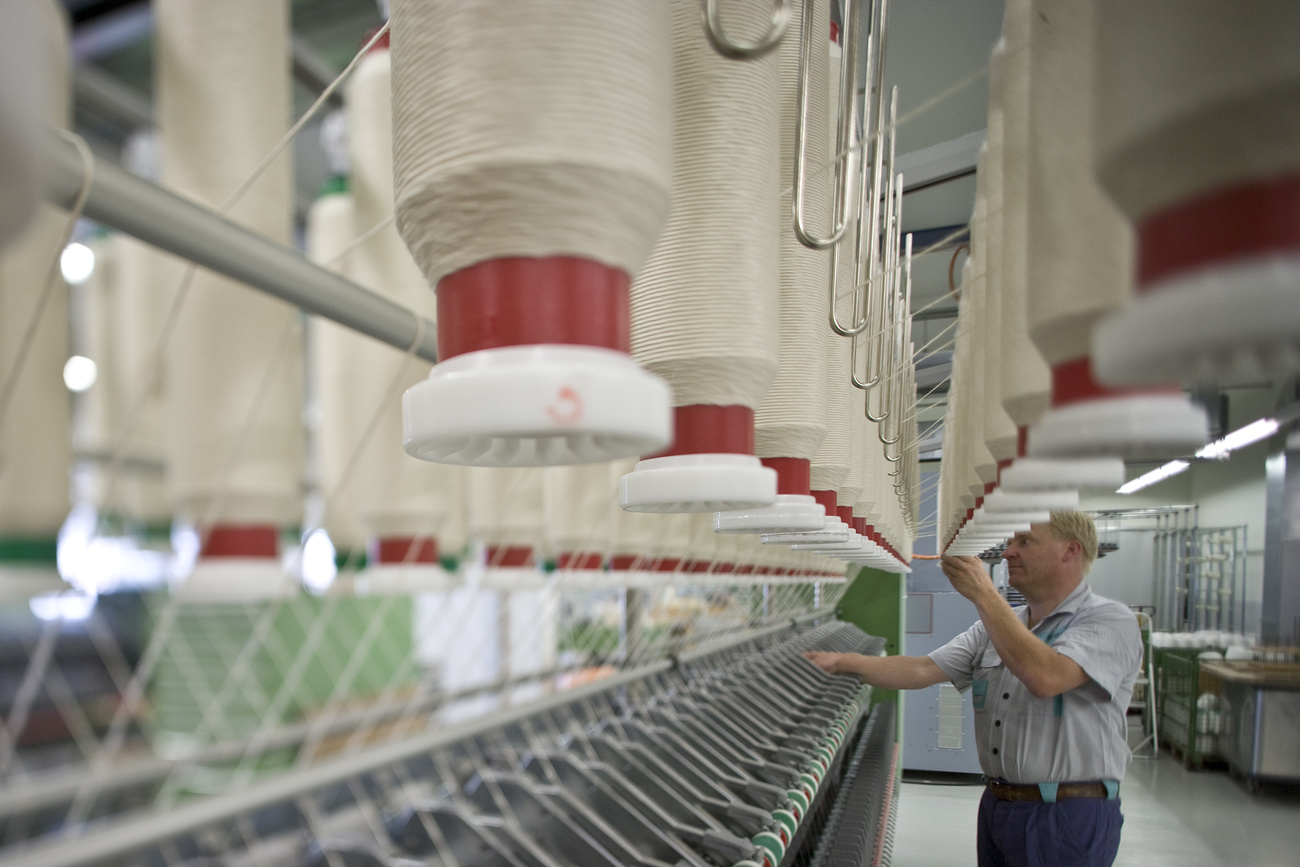
More
The Swiss textile machinery industry has a China dilemma
3. Is child labour really that bad? – The question captured readers’ attention across all languages and provoked interesting responses to an accompanying debate. This was the International Year of the Elimination of Child Labour and marked the end of a 2001 agreement to eliminate the worst forms of child labour in the cocoa supply chain. With child labour worse in many parts of West Africa, my colleague Anand Chandrasekhar sought to unpack the problem. Are Swiss chocolate makers and traders like Barry Callebaut and Nestlé doing enough? Should we rethink how child labour is defined? There was other news affecting the Swiss cocoa sector, including the growing influence of China on cocoa producing countries.
4. Calls intensify for Big Pharma to break monopolies on Covid-19 vaccines – Since the early days of this pandemic public health advocates have been calling for patents to be waived on any effective vaccines to help ensure enough supply and that rich countries don’t hoard them. This article, which was also widely read in Japanese, Spanish and Arabic, was published as Switzerland opposed waiving patents (and continues to do so), despite US President Biden’s announced support for the proposal. The Swiss pharma industry has pushed back strongly on the idea, with Roche CEO Severin Schwan telling the Financial Times in May that a waiver would be a “catastrophe” comparable to East Germany’s nationalisation of drugmakers.
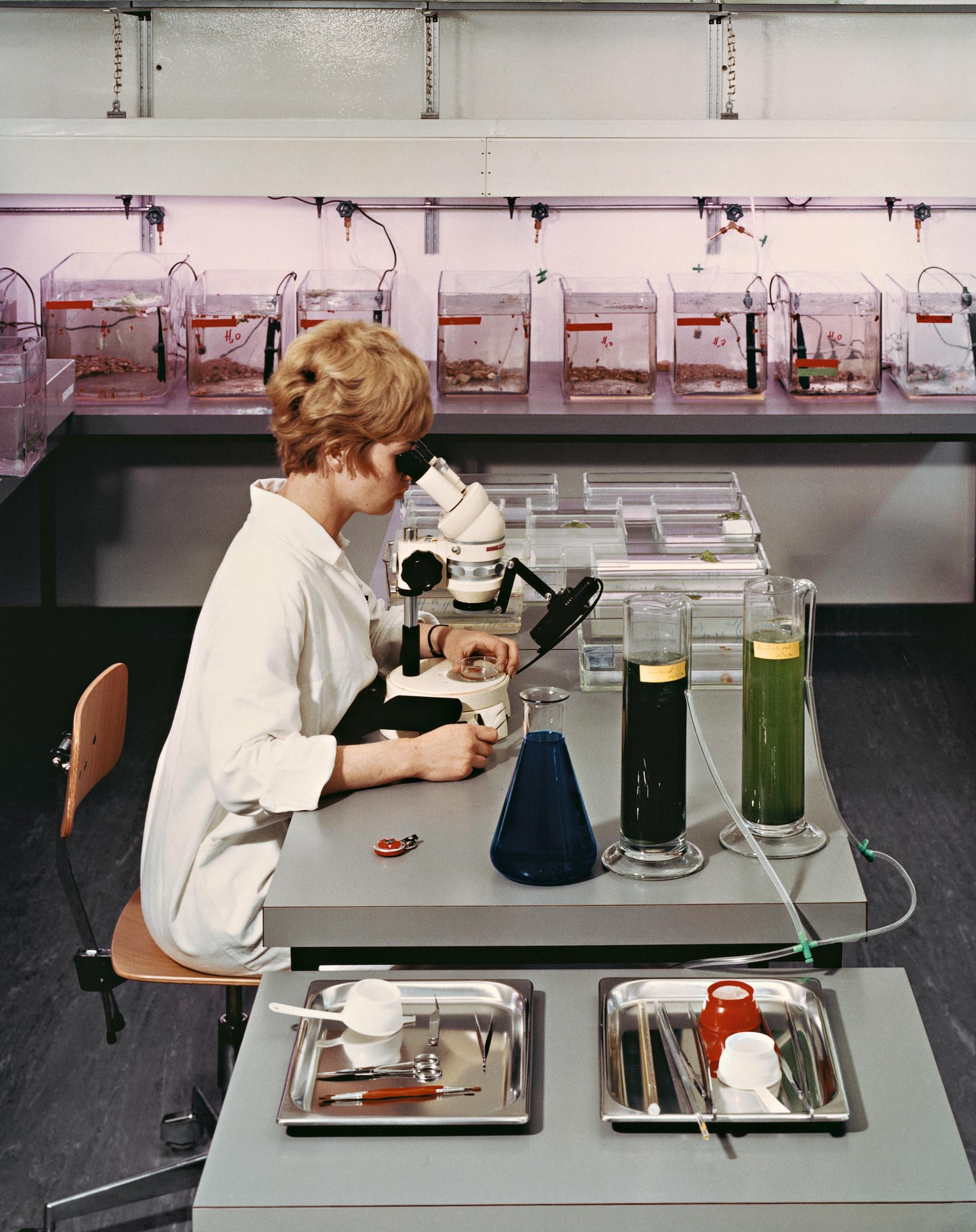
More
Swiss pharma reckons with its past, present and future
External link5. Switzerland and pesticides: Toxic relationship or necessary evil? – In June, Swiss voters rejected a pair of initiatives that sought to ban the use of synthetic pesticides in the country. Ahead of the vote, my colleague Anand Chandrasekhar looked at whether Switzerland is really a laggard when it comes to pesticide use. While the vote wasn’t about multinationals, a ban would have added momentum to calls for Basel-based Syngenta to stop selling pesticides abroad that are banned at home. This was one of the most read stories in French and Italian. Syngenta is under pressure in the US over allegations it failed to warn farmers of the health risks associated with its top selling herbicide Paraquat.
6. Commodity giants race to clean up mineral supply chains amid green energy boom – Electric car manufacturers like Tesla are trying to get a grip on their mineral supply chains, which could bring Swiss commodity traders out of the shadows. Glencore and Trafigura are major players in the sourcing of cobalt – some 60% of which comes from the Democratic Republic of the Congo, where there are widespread reports of unsafe working conditions. The mineral is an essential component in rechargeable lithium-ion batteries. How did Switzerland become such a big player in commodity trading? My colleague Céline Stegmüller has the answer in this short video explainer on commodity trading.
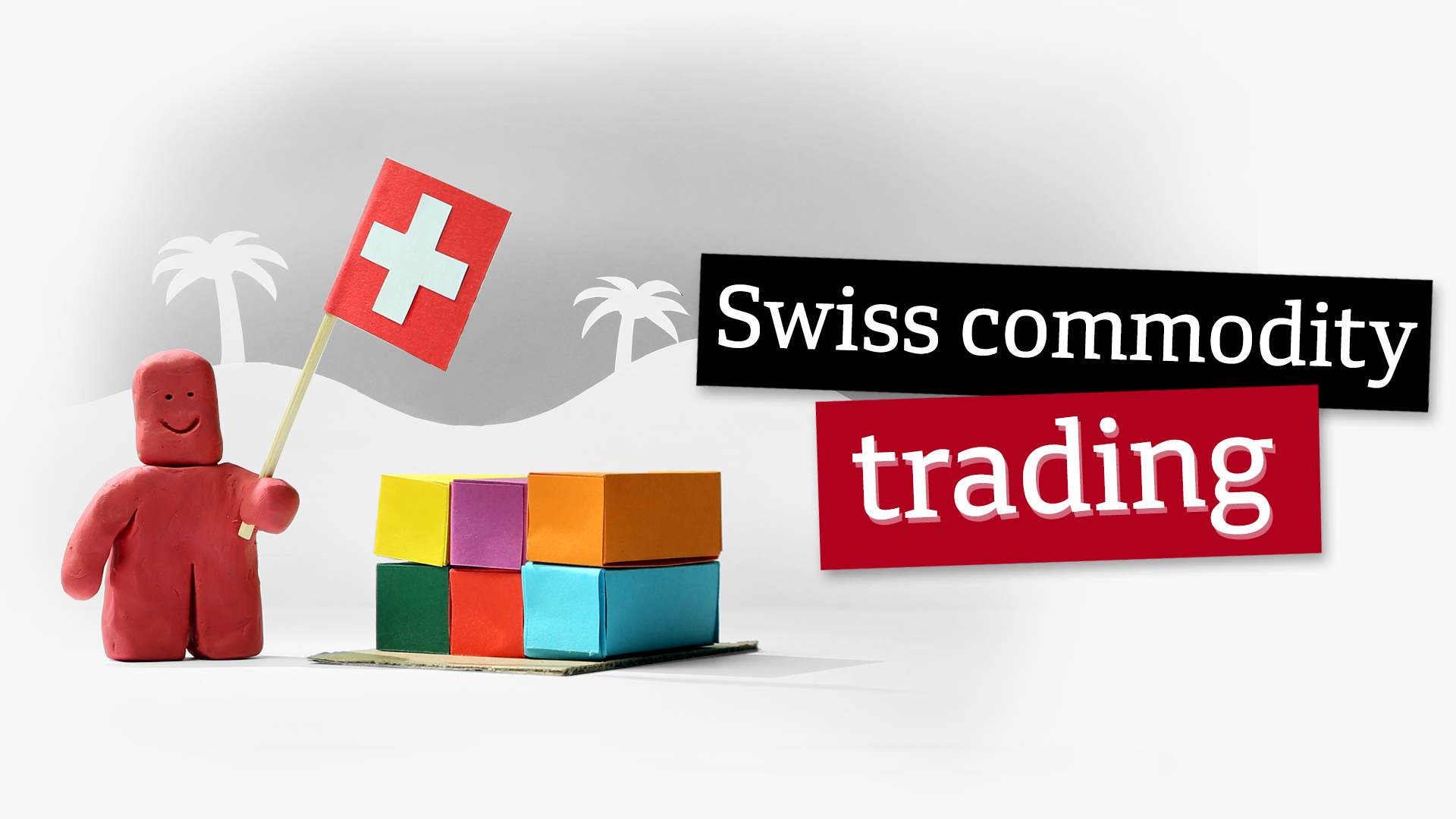
More
Commodity trading in Switzerland, explained
7. Can Novartis make medicines available to everyone? – This story, which was one of the most read in Japanese and Arabic, looked at how the Swiss pharma giant wants to make it possible for everyone in the world to be able to access its products, even multi-million-dollar gene therapies. Novartis made other headlines this year, particularly in the Swiss media over the decision to sell its stake in its cross-town competitor, Roche, and the announcement that it may sell its generics business Sandoz. The pandemic has exposed cracks in the pharma industry’s ability to meet public health needs. I did a deep diveExternal link into the history of the sector to understand what led it to this point and what the pandemic could mean for its future.
8. ‘Movie-plot’ cocaine case highlights shipping industry drug problem – This story by my colleague Dominique Soguel was read widely in Russian and Spanish. It looked at the challenges shipping companies like Geneva-based MSC face in rooting out drug smuggling and what governments should do. The sector is rife with other problems, pointed out Swiss anti-corruption expert Mark Pieth in an op-ed. The shipping industry made other news this year as containers piled up at ports and supply chain bottlenecks plagued many companies.

More
Is child labour really that bad?
9. Toxic metals studies add to frustrations surrounding Swiss-owned mine in Peru – This was the top read story in Spanish this year. Paula Dupraz-Dobias looked into health concerns in remote communities near a mining complex in Peru owned by Glencore. Studies show exposure to toxic substances but Glencore argues that there is natural mineralization in the water.
10. Nestlé attacks food benefits of Brazilian workers during the pandemic – The top story in Portuguese revealed Nestlé’s plans to halve food voucher benefits at one of its 31 chocolate factories in Brazil. This came at a harsh time for many workers as the country was reeling from the pandemic and food prices were rising.
Did we miss anything? What stories were on your list? What would you like us to investigate in 2022?
Thanks for reading, stay safe, and have a happy holidays.
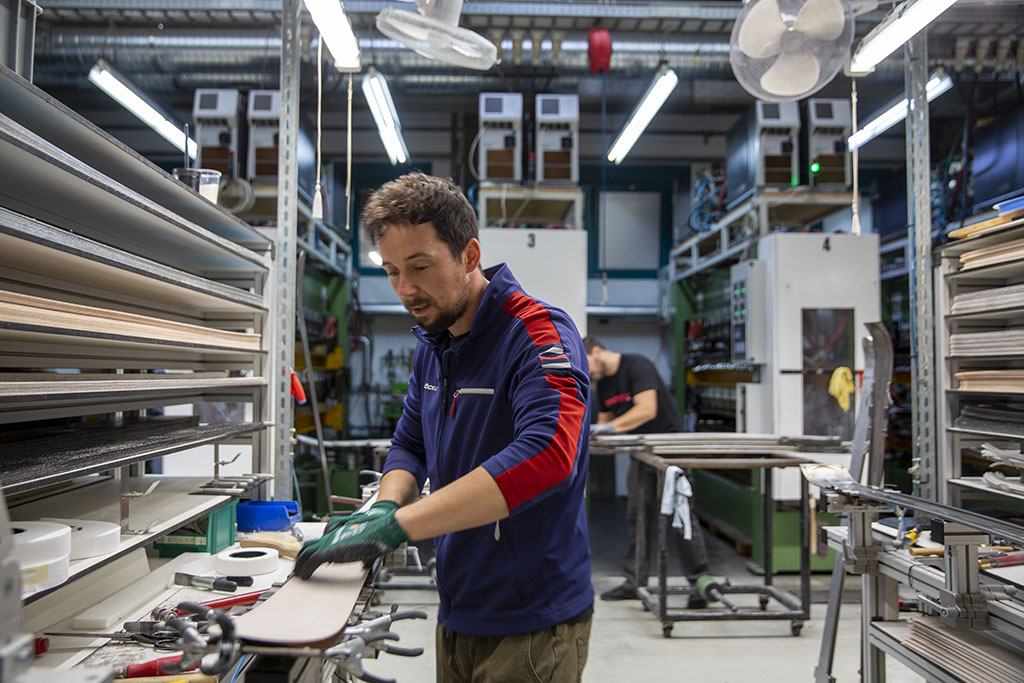
More
In global supply chain crisis, even Swiss skis are counting the cost

In compliance with the JTI standards
More: SWI swissinfo.ch certified by the Journalism Trust Initiative











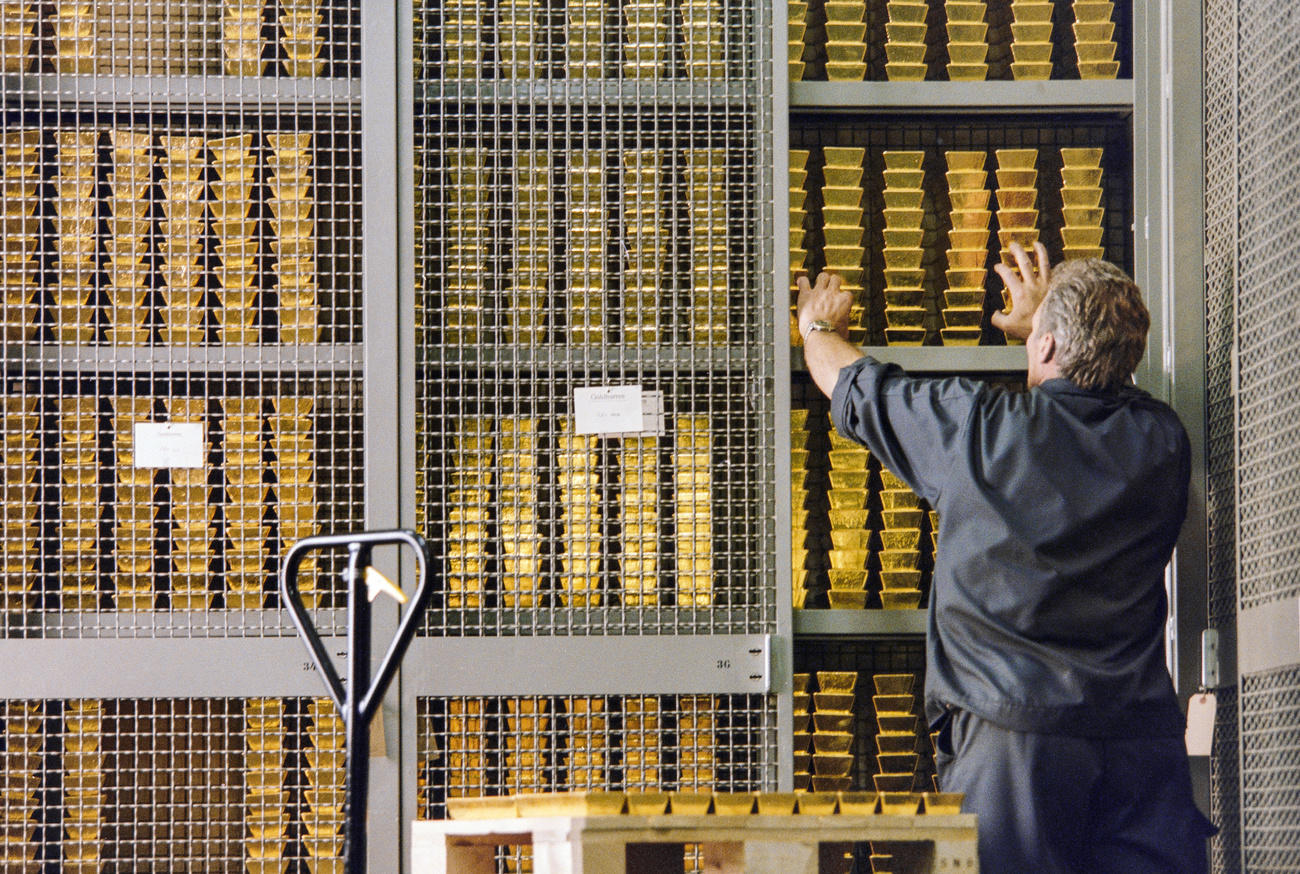
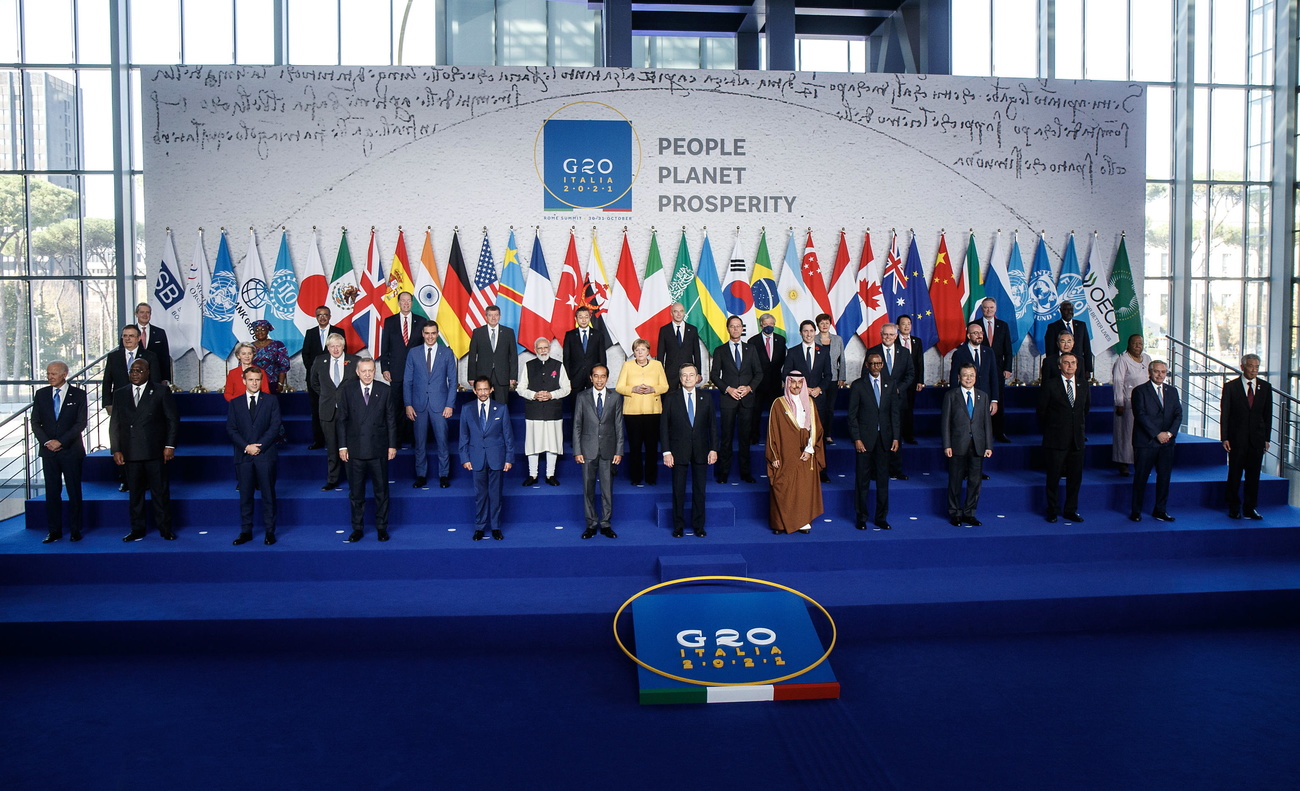
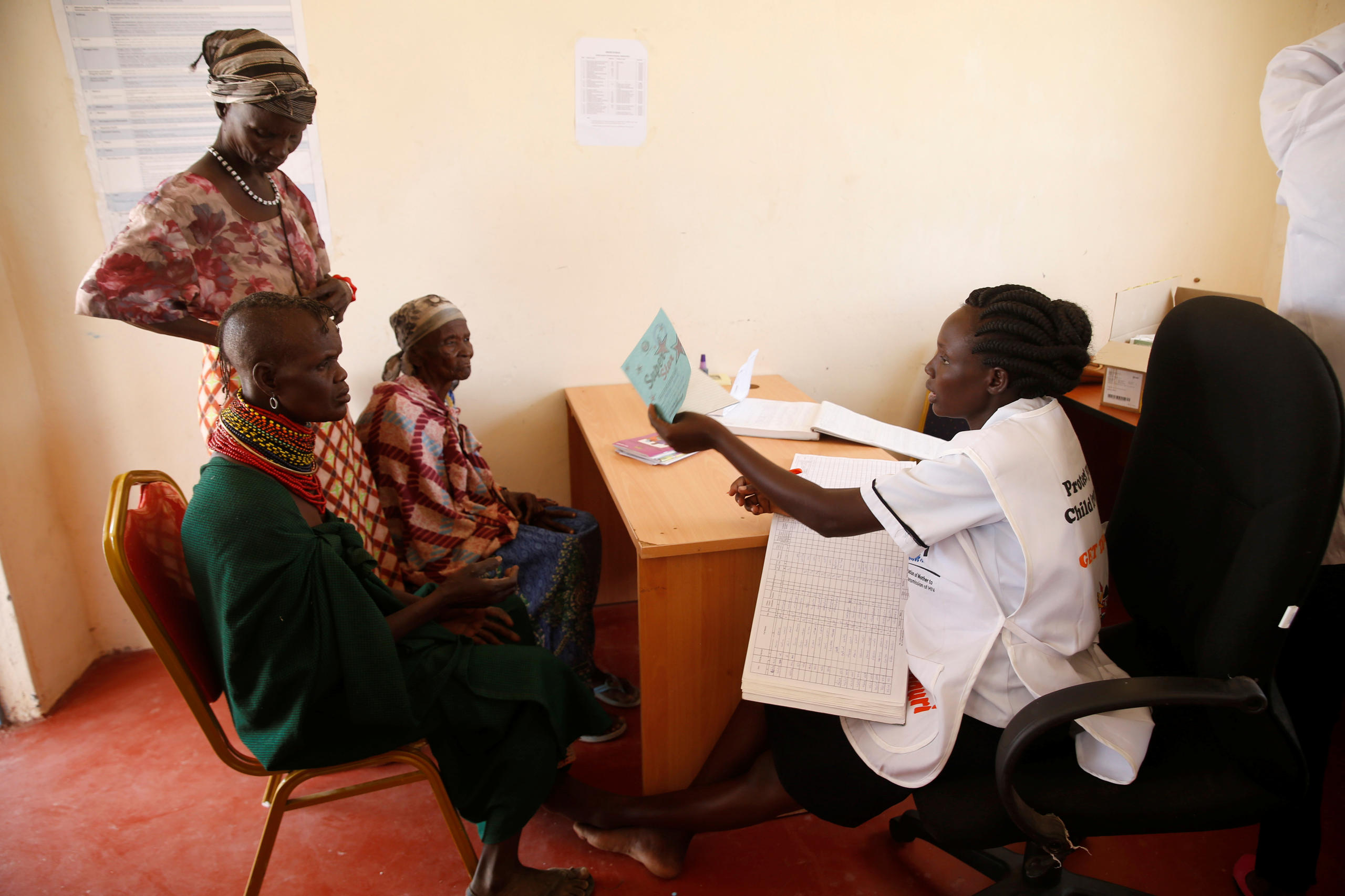
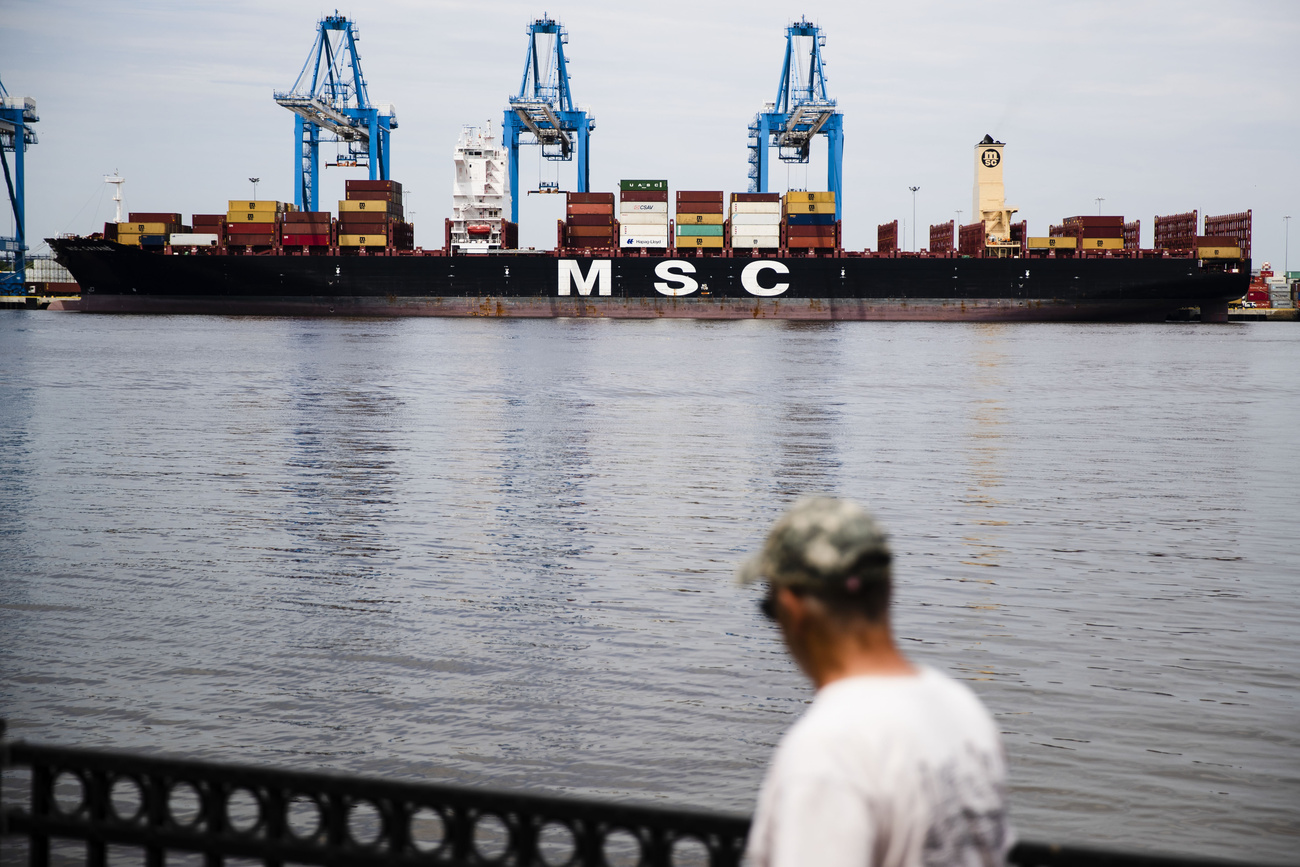
You can find an overview of ongoing debates with our journalists here . Please join us!
If you want to start a conversation about a topic raised in this article or want to report factual errors, email us at english@swissinfo.ch.